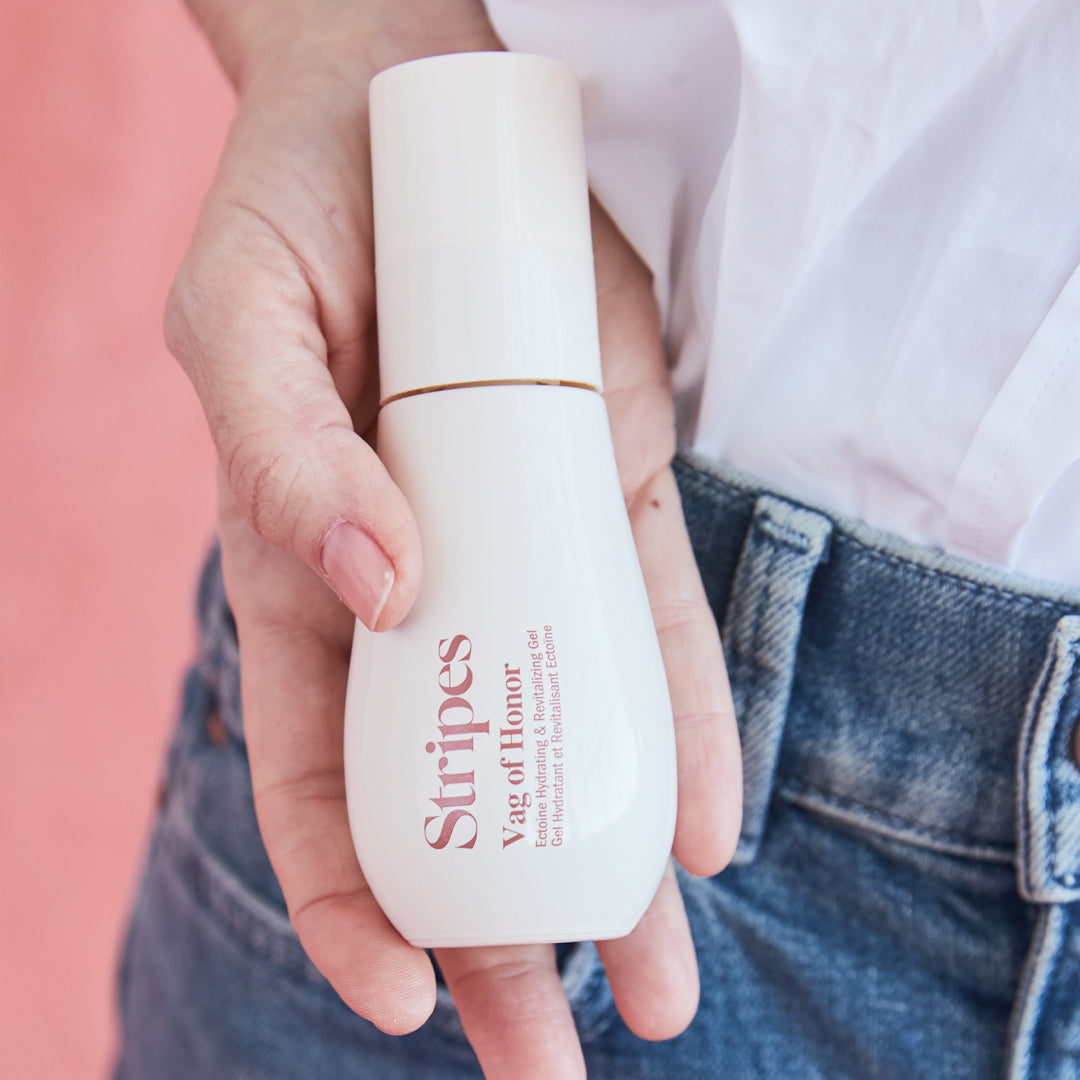If you've found yourself constantly scratching your ears lately and you're also going through perimenopause, you're definitely not alone. While hot flashes and mood swings usually steal the spotlight, itchy ears during perimenopause are a lesser-known (and incredibly annoying!) symptom that many women experience.
Let’s break down why this happens, what you can do about it, and when it’s time to talk to your doctor.
What does Perimenopause have to do with it, anyway?
Perimenopause is the transitional phase before menopause when your hormones — especially estrogen and progesterone — start to fluctuate. This stage can last for several years, and it brings a whole host of bodily changes, from irregular periods to sleep disturbances.
But what does that have to do with itchy ears? It’s all about hormones.
The surprising link between hormones and itchy ears
It might sound strange, but hormonal changes can affect your skin — including the delicate skin inside your ears.
As estrogen levels decline, the skin tends to become drier and more sensitive. This dryness can impact not just your face or hands, but also your ear canals, leading to that frustrating itchiness. Think of it like this: if your skin is thirsty everywhere else, your ears probably are too.
A 2018 study published in the International Journal of Women's Dermatology highlighted how estrogen plays a crucial role in maintaining skin hydration and elasticity. When estrogen dips (as it does during perimenopause), skin becomes more prone to irritation, dryness, and inflammation — even in unexpected places like your ears.
Other possible causes (besides hormones)
While perimenopause is a likely culprit, it's important to consider other possible causes of itchy ears, such as:
- Allergies (seasonal or contact)
- Earwax buildup
- Eczema or psoriasis
- Fungal or bacterial infections
- Use of earbuds or hearing aids
If your itching is accompanied by pain, discharge, or hearing loss, it’s a good idea to consult a healthcare provider.
How to soothe perimenopausal itchy ears
If your itchy ears are driving you nuts, try these gentle remedies:
-
Use a humidifier. Dry indoor air can make symptoms worse. Adding moisture to the air can help.
-
Apply a drop of oil. A dab of mineral or olive oil in the ear canal (only externally!) can moisturize dry skin.
-
Stay hydrated. Drink plenty of water to support your skin from the inside out.
-
Switch skincare or haircare products. Fragrances and harsh chemicals can irritate the skin near the ears.
-
Avoid scratching. Easier said than done, but scratching can introduce bacteria and worsen irritation.
Perimenopause brings about a range of changes, and itchy ears can be an unexpected yet common symptom. While this can be frustrating, understanding the link between hormones and itchy ears can offer some comfort.









